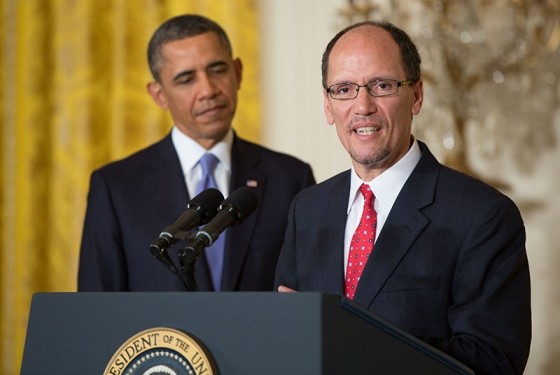This is the final blog in our four part series reviewing the changes technology has brought to the workplace, and employment law.
Many employees answer emails outside of work hours every day, and in some cases, their employers are liable to pay for those hours worked. Most American adults own a smartphone, and even if their employers don’t require it, checking email outside of work can eat up hours of time. For companies that don’t have policies to address how offsite emailing affects wages and hours, this is a significant liability.
Employers must pay their employees for time that they are required to be on duty at the work premises. The Fair Labor Standards Act also indicates that employers are liable to compensate hourly employees for time that they are “suffered or permitted to work”. The bottom line is that if your employer knows you’ve been emailing for work, event if its only a few minutes, then your time spent is likely compensable. When emailing outside of work pushes you into overtime hours the extra wages due can be significant. See DOL factsheet
Not all employees need to be paid for their time emailing outside of work. Exempt employees are paid are paid a set salary to complete a job regardless of the number of hours it takes. Therefore, answering work emails from home does not affect a salaried employee’s right to pay.
Technology is changing the way we interact with the world, including the way in which we work. This change has helped drive business productivity, but as we’ve noted throughout our series of blogs on the topic, it has also blurred the line between work and personal time. Employment law is still adjusting to the new dynamics created by mass mobile connectivity, and there will be more attention on this issue in the coming years.






